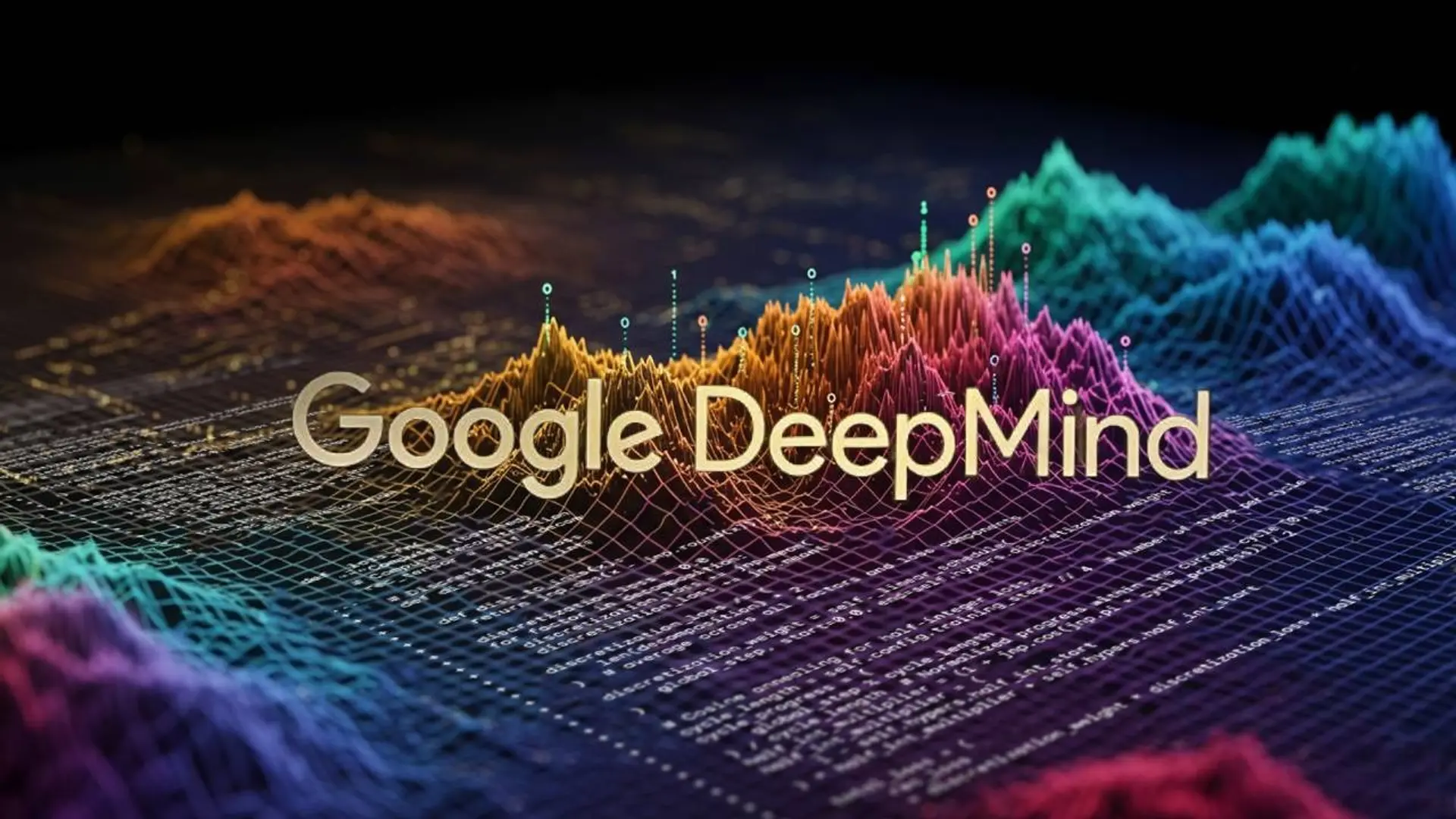Tech giants like Google DeepMind, Meta, and Nvidia are investing heavily in the development of AI systems known as 'world models'. These systems aim to create a more comprehensive understanding of the physical world, enabling AI to perform tasks that currently present challenges, particularly in spatial reasoning. The development of world models is considered crucial for creating next-generation AI and achieving artificial general intelligence (AGI).
These world models allow AI to learn from environments and create abstract representations, similar to how humans and animals learn. This involves training AI through simulations of the world, enabling them to plan, act, and predict future outcomes. For example, Google DeepMind's Genie 3 can generate realistic, open-world virtual landscapes from text prompts, providing a virtual space for AI to learn and experiment.
While the pursuit of superintelligence raises questions about AI safety and alignment with human interests, the development of world models promises to improve AI capabilities in the short term. Meta believes in putting this power in people's hands to direct it towards what they value in their own lives. The race to achieve AGI is intensifying, with companies staking billions on the belief that the first to reach superintelligence will shape the future of human-computer interaction.




